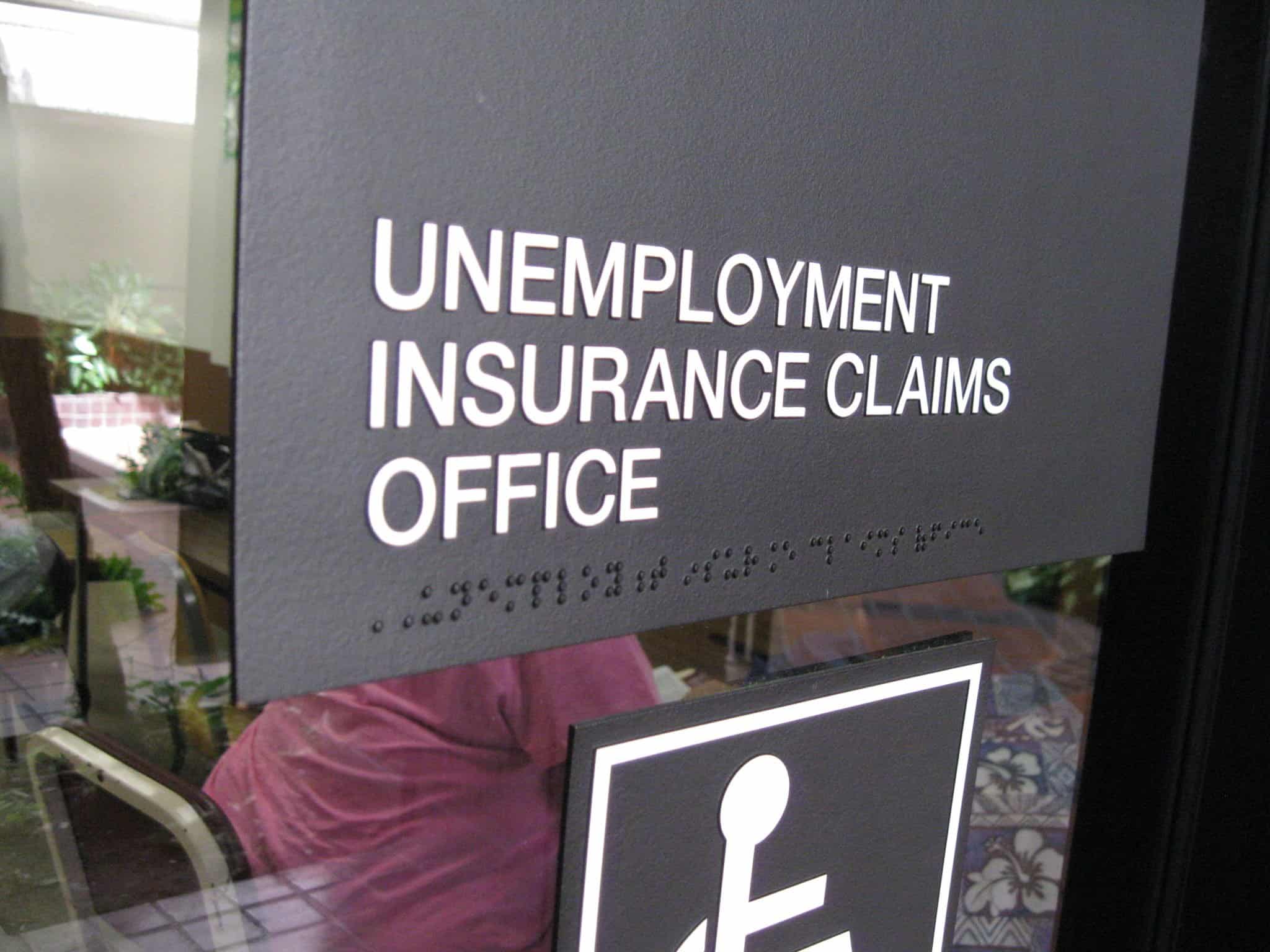
Leigh Thomas is a student at Harvard Law School.
Commentary continues to emerge about the Bureau of Labor Statistics May jobs report released on Friday. Ben Casselman writes for The New York Times that “No, the Jobs Report Wasn’t Rigged.” The bureau has indicated that it and the Census Bureau are investigating why the misclassification of some unemployed workers as “employed by absent from work” has persisted in the data for three months. But regardless of the classification issue, the essence of the report is the same, according to Jason Furman, a Harvard economist who led the Council of Economic Advisers under President Obama: the unemployment rate fell somewhat in May, but remains higher than at any other point since the Great Depression.
Puerto Rico’s labor secretary resigned yesterday amid mounting criticism of her department’s failure to distribute federal unemployment aid. Tens of thousands of unemployed workers have yet to receive benefits, The Washington Post reports. Workers wait in long lines at a convention center for a chance of seeking help with their applications. The lack of material support for workers made jobless by the pandemic is devastating in Puerto Rico, where U.S. Census data show the poverty rate is already past 40%. The economy in Puerto Rico is also far from re-opening. The island experienced its highest seven-day average of new coronavirus infections in the last week.
Brown University’s graduate student union is voicing concerns about the school’s Workplace Safety Policy, The Providence Journal reports. Lack of widespread testing is a primary issue for student workers, many of whom work in laboratories where close contact is inevitable. Student workers assert they have been told by the administration to “use [their] personal judgment” about whether they are healthy enough to go to work, but are unable to make an informed decision without testing available. As universities across the country struggle to craft plans for the fall semester amid uncertainty, graduate student unions are demanding a seat at the decision-making table. The Graduate Employee’s Organization representing graduate student workers at the University of Illinois at Urbana-Champaign is advocating for most instruction to stay online through the fall semester. The union calls for a “people first” approach, prioritizing the safety and financial well-being of students and staff. This includes guaranteeing there will be no lay-offs and continuing to provide pay and benefits to employees.
Workers at nursing homes are being caught in the middle of a debate over who should pay for weekly coronavirus testing of nursing home staff. Nursing homes and health insurance companies have both pushed back against being required to pay for testing. Leaving workers with the bill could be devastating: nursing home employees are among the lowest paid health care workers; 42 percent of workers who care for older people receive some form of public assistance. One union representing hospital and nursing home workers in New York argues it’s the employer’s responsibility to pay, but nursing homes claim they cannot afford the cost. Part of the problem is a lack of guidance from the federal government. The Centers for Medicare and Medicaid Services, which oversees most nursing homes in the U.S., has only recommended nursing homes test workers weekly, but has not issued binding requirements for implementation. Adm. Brett P. Giroir, the assistant secretary of health who has been overseeing the government’s testing response, said last Wednesday that insurers, who are required to cover medically necessary coronavirus tests under the federal CARES act, should not be asked to cover worker screenings.
Spikes in coronavirus cases are emerging among farmworkers in rural communities across the country, POLITICO reports. Farmworkers have been deemed essential, yet the federal government has held back from making any safety requirements for agricultural work settings mandatory. The CDC and OSHA released additional guidance for agricultural worker safety last week, which recommends agriculture work sites follow guidance “as feasible.” Reporting indicates that voluntary efforts by farms to promote worker safety have been sporadic. As a measure of how dire the outcomes are, the medical organization Doctors without Borders has set up a mobile clinic to serve farmworkers in Immokalee, Florida. Cases there have spiked to over 500 since May. This is the first time that organization has worked in the U.S.






Daily News & Commentary
Start your day with our roundup of the latest labor developments. See all
February 11
Hollywood begins negotiations for a new labor agreement with writers and actors; the EEOC launches an investigation into Nike’s DEI programs and potential discrimination against white workers; and Mayor Mamdani circulates a memo regarding the city’s Economic Development Corporation.
February 10
San Francisco teachers walk out; NLRB reverses course on SpaceX; NYC nurses secure tentative agreements.
February 9
FTC argues DEI is anticompetitive collusion, Supreme Court may decide scope of exception to forced arbitration, NJ pauses ABC test rule.
February 8
The Second Circuit rejects a constitutional challenge to the NLRB, pharmacy and lab technicians join a California healthcare strike, and the EEOC defends a single better-paid worker standard in Equal Pay Act suits.
February 6
The California Supreme Court rules on an arbitration agreement, Trump administration announces new rule on civil service protections, and states modify affirmative action requirements
February 5
Minnesota schools and teachers sue to limit ICE presence near schools; labor leaders call on Newsom to protect workers from AI; UAW and Volkswagen reach a tentative agreement.